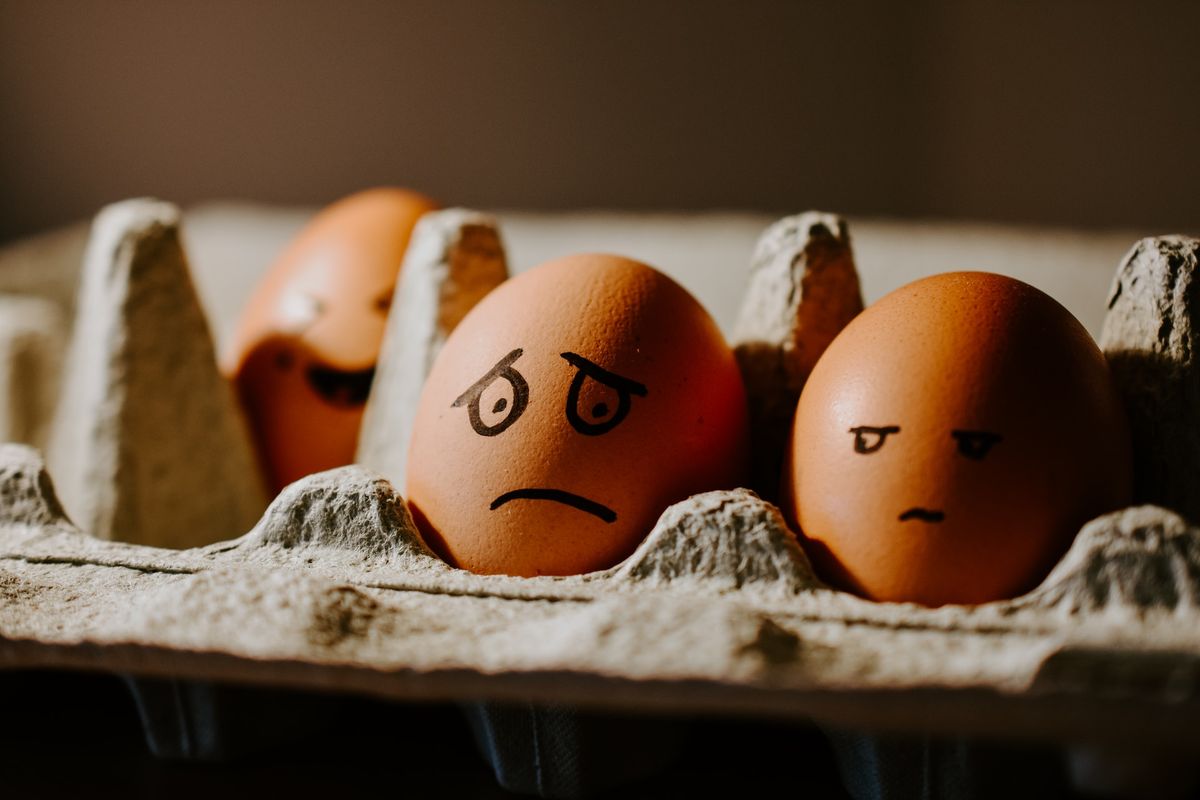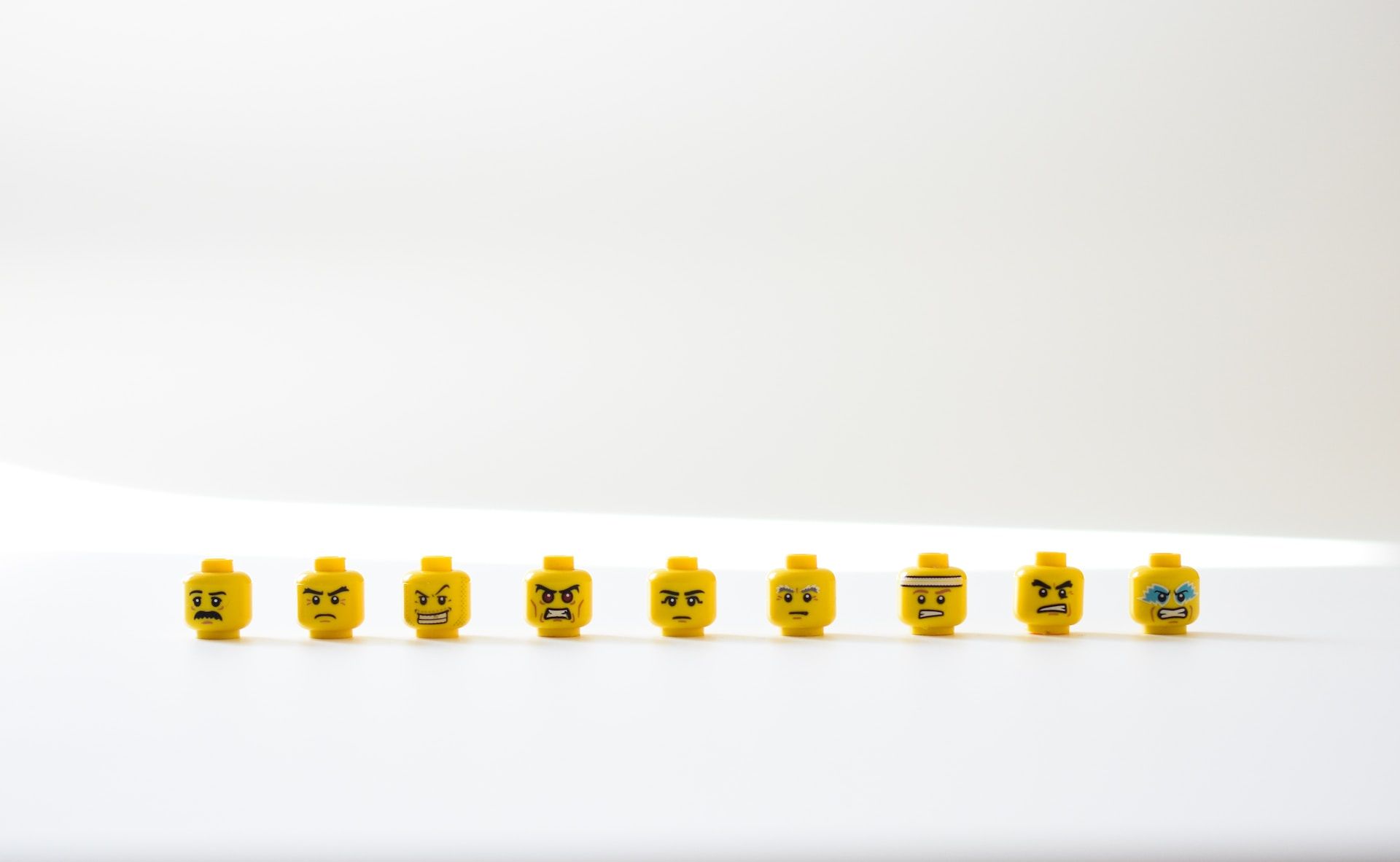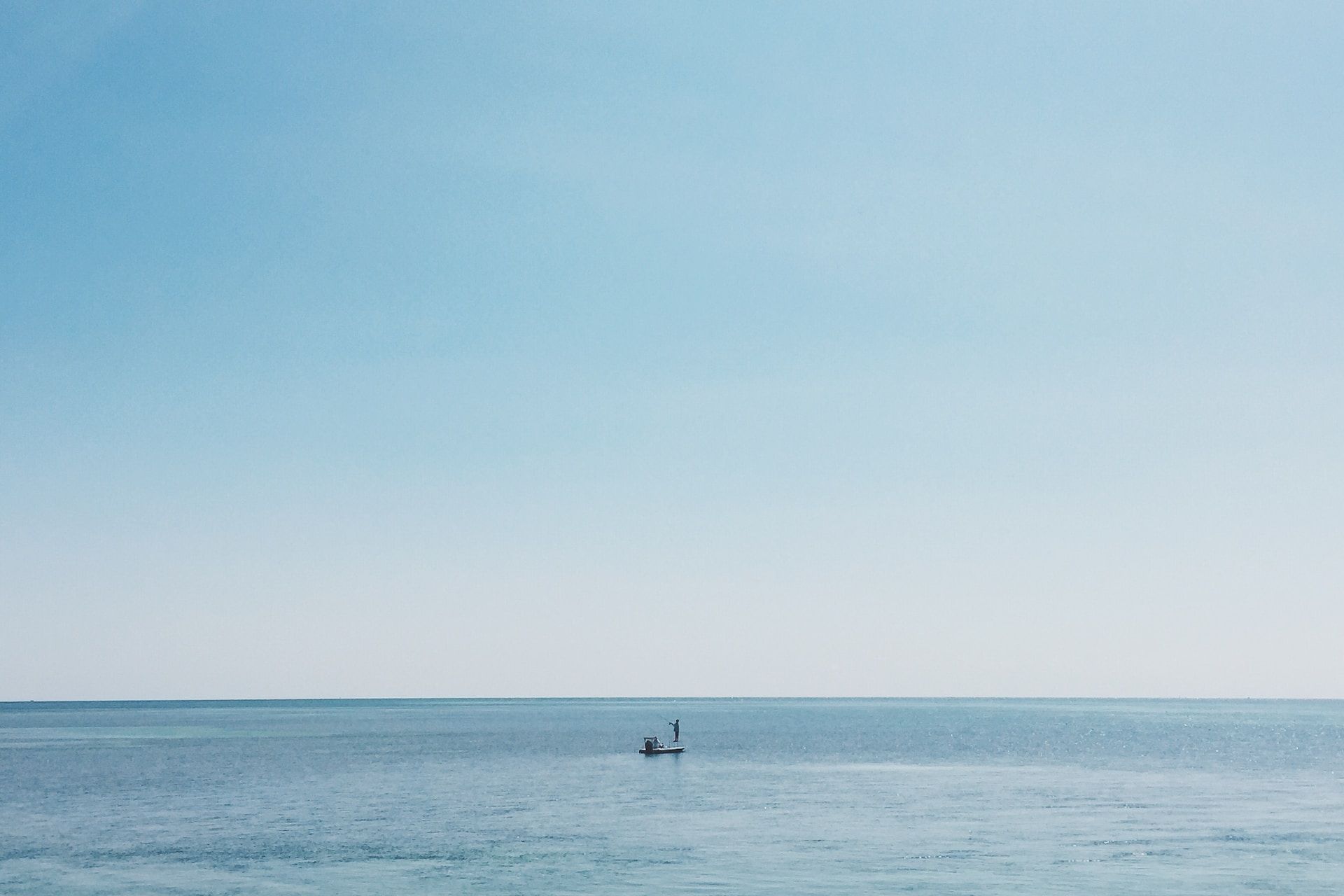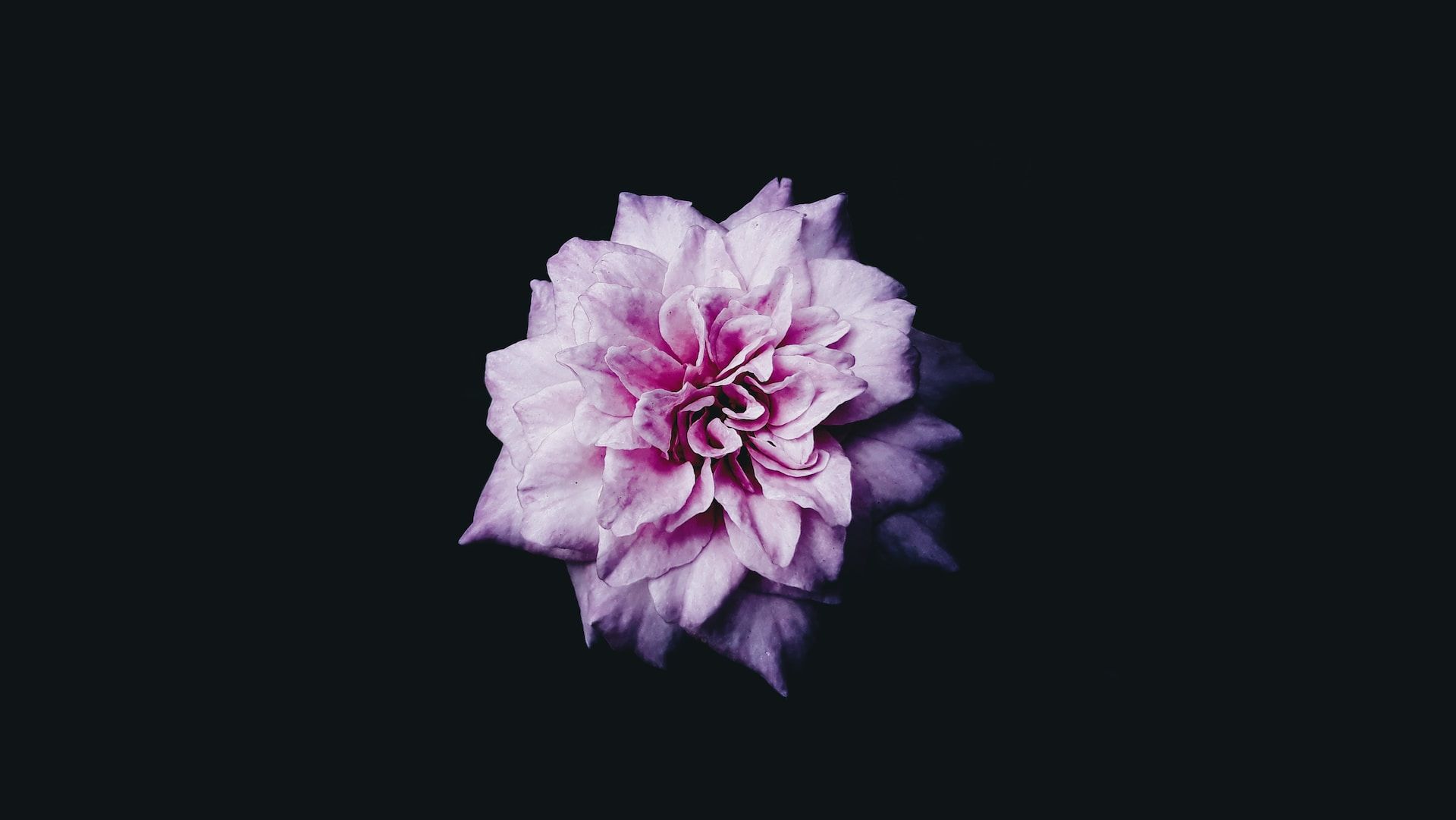emotional pain and the creative
Addressing and navigating emotional pain to make way for creativity in our lives

One of the things that frustrates me as a creative is how much time, energy and mental effort gets taken up by life stuff.
Over the past fortnight, life rolls have come in various forms:
- All of us at home going through a wave of viral infection in turns, followed by the briefest of recoveries, only to now go through a second wave.
- Navigating a property dispute in which a former supporter suddenly became a turncoat and ghosted me out of the blue.
- Planning a birthday party for the little one only to realize that there'd be a vast chasm between my fantasy and reality in terms of turnout.
But underlying my frustration with all these situations is my hidden belief that ...
- if only I had been able to cook and feed my family more nutritious meals,
- if only I had not so wholly trusted another person,
- if only I had the wealth/status/popularity to match that of many of the other families'
... then I would have avoided these problems.
Which means I am the bad one, the foolish one, the failure, for not having foreseen these issues and done what I could have to prevent them.
Emotional Pain
When I put it down like this, I can see how absurd this line of thinking is. But in my head these thoughts are real-er than the tears of frustration and disappointment I shed.
Until a few years ago, I didn't have a word for these experiences. From clinical psychologist and conscious parenting expert, Dr. Shefali Tsabary, I learnt this is emotional pain.
The pain of not getting what we want in life.
The pain of finding out that reality rarely ever matches the fantasy lives we've built for ourselves in our heads.
The pain of feeling helpless when life refuses to bend to our will and insists on steamrolling the way it has always done, with an indifference that can only be described as callous.

How do we cope with emotional pain?
Acceptance and gratitude for what is are commonly prescribed as remedies for emotional pain.
I've often struggled with both these concepts in their literal sense.
Looking for something to feel grateful about, especially when I'm in the midst of a distressing situation, almost feels like denial to me. Or even akin to toxic positivity. I feel forced to look away from what's troubling me about a particular situation when I'm called to look at the goodness I can find in it.
It doesn't come easily to me; even when I force myself to do it, it doesn't feel true or good. And most often, the difficult feeling I'd have tried to steamroll with gratitude tends to erupt like a volcano at a later time when I least expect it.
Acceptance, on the other hand, I understand intellectually. But it is one of those things I find hard to implement in the practical sense.
I once wrote a poem on the abstractness of acceptance, inspired by the English translation of a Korean poem a dear friend had once sent to me.
AN UNTITLED POEM ON ACCEPTANCE
S sent me a Korean poem —
an English translation
of a Korean poem —
by Chun Yang Hee.
A poem on how to chew on feelings
as one would chew on rice,
A poem on life being something to be digested.
And I laughed and laughed
at the simplicity of it all,
at the relatability of it all,
because isn’t it easier to understand digestion
than to comprehend acceptance?
If you were to tell me to accept,
to embrace and to let go,
I wouldn’t even know
where to begin, what to do,
how to keep my arms, should I sit or stand?
If you were to tell me to chew and digest,
I can start right away,
one morsel at a time,
hand to the mouth.
Of what use is a poem, esoteric and vague?
Perhaps it is meant to confound and confuse,
to say, “look at you, you ignoramus,
you who cannot see the beauty,
the mystery in these lines,”
and the ignoramus continues to seek with eyes wide open,
and looks for meanings that were never there.
No wonder the world is caught
in its own web of abstract words:
love,
forgiveness,
compassion,
empathy.
Stop those sermons and talk to me instead
of eating and sleeping,
of crying and fighting,
of shouting and stomping,
of jumping and whooping,
And I will listen, and I may hope
to understand
that I need to be completely human first
to make way for the divine.
And now I had to look up for Chun Yang Hee on the Internet, and I found the following lines attributed to her.
RICE by Chun Yang Hee
To you who eat a lot of rice because you are lonely,
To you who sleep a lot because you're bored,
To you who cry a lot because you are sad,
I write this down.
Chew on your feelings that are cornered
like you would chew on rice.
Anyway, life is something that you need to digest.
Still, as beautiful as these words are, they give us little clue as to what we really need to do when life doesn't go our way and emotional pain arises in our body.
What do we do when those uncomfortable feelings of loneliness, envy, guilt, sadness, despair, helplessness, any of those feelings rise like tidal waves in our bodies?
Because words have proven themselves so inadequate in providing a satisfactory answer, there remains only one conclusion, no matter how improbable.
The answer is to do NOTHING.
Nothing at all.
How do we do nothing?
Whenever an uncomfortable feeling arises,
- we either get entangled in our thoughts and stories about it, a mental process that tends to take on a life of its own faster than a tornado sweeps across the land,
- or we try to get rid of it by means of distraction, which could be physical activity, or something to occupy our mind or numb it altogether.
My way of doing nothing is to stop whatever I'm doing and come and sit on my bed and look out of the window at the sky.
There, looking out at the vast expanse of space, I feel safe enough to let the feeling rise like a billowing cloud from my gut, come up and press against my chest and lungs, making it difficult for me to breathe, then fill my cheeks with red hot flames of shame and lack of self-worth as I breathe in and out.
I try not to rationalize or get entangled in stories about who did what and why. Instead, I focus on my feeling and sometimes say it out loud: 'I don't like it when people backstab me. I feel unsafe in a world where it feels I have no one to rely on'.
I don't try to argue with or rationalize these feelings.
When sufficient time has passed, sometimes it's half an hour, sometimes the feeling resurfaces over and over again for a day or two, then life and my body and my state of mind seem to settle back into their state of normalcy.

What is the learning for me in this?
Later, after that feeling has long passed, I'm able to look back at the situation more objectively and ask myself what I could learn from it.
On falling ill
We're falling ill not because we've been slacking in meeting our nutritional needs but because viruses tend to spread faster the more we interact and socialize, like at birthday parties and at school. It's nobody's fault that any of us is unwell.
On the property dispute
KrA had the wisest remark on this: 'Even kings and queens have spent their lives fighting over land.'
We didn't do anything wrong in buying this townhome where we now live. We didn't have to have known any better than to buy such a unit just because we are facing difficulties now.
On the contrary, I was able to engage in a constructive discussion with the parties concerned and the matter is close to getting settled amicably, more or less.
While I couldn't write much fiction this week, I put my writing skills to good use in composing emails to express our concerns and offer suggestions.
I also got to see how it's not easy to fix problems that have come about owing to legacy decisions. This is the reason why so many problems in the world are actually unfixable today, and the best we can do is minimize future risk for those already marginalized.
I also came to terms with the fact that people and their needs change with time. When relationships are forged owing to a common need, that's a tenuous link that can be severed as soon as one party's need changes.
While I don't believe this is a good enough reason to backstab and would much rather be honest, even if I choose to part ways, I can understand and now accept that not everyone feels the way I do. Some may choose to breach this trust instead of being upfront, and that's their choice.
I can accept this and walk away instead of holding the other person to exalting standards. At the same time I need not start looking at the rest of the world with suspicion as a result of this experience.
On the birthday party
Little D religiously attends all his friends' birthday parties; he has so far missed only two because of being unwell.
Now that we're planning a party for him and RSVPs have been slow and sparse, I had started going down the route of thinking we're not good/wealthy/popular enough to draw a crowd.
I shed a few tears on this earlier this evening. Now that I can look back objectively, I can safely say that for myself, I don't wish to have relationships that are forged on the tenuous links of wealth/status/fame/popularity. I had long ago decided to not play this game in the material world.
Yes, I definitely love having money in order to lead a good life and enjoy a lot of experiences, but that is not my criteria for choosing friends and relationships.
Even though I'm not playing this game of impressing others with my material possessions, I can accept that the world continues to operate on this premise for the most part.
There is nothing I can do to change that. And it's not for me to change how other people are.
But even in such a world, I have a handful of genuine friendships, people who show up for me and Dhruv and KrA to support us in the way we show up for them. And to me, that counts a helluva lot!
So yes, now I can look at all that I have with gratitude and appreciation, now that I have felt my feelings.
So what does feeling our feelings have to do with our creative lives?
I am often unable to write fiction when I'm in the throes of going through these experiences and feeling-cycles.
I'd earlier chide myself for being unable to set aside what I felt and just get down to the fun task of writing stories. But neither confrontation nor a sweeping away of the difficult experiences or feelings helps.
I find that I have no option but to feel those feelings as quickly as they arise, or at the earliest available opportunity. And then, only after they've had their say, they can float away, leaving behind a vast clean space in which creativity thrives.
Until the next feeling comes along.
